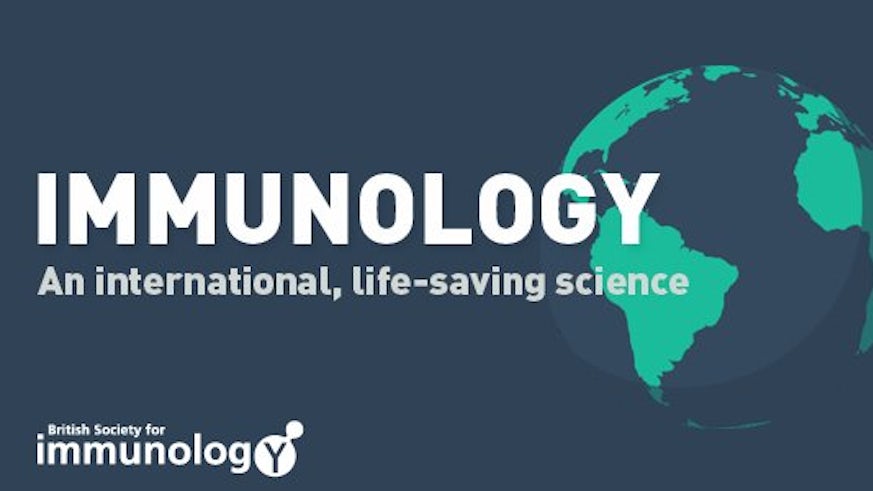Strength through collaboration: Cardiff University provides case study for report on global research
13 June 2016

A Cardiff University lab has been used as a case study to illustrate the benefits that working with international partners brings to the thriving field of immunology in the UK.
The lab, co-run by German national Dr Eberl and Swiss national Prof Bernhard Moser, was cited in a new report by the British Society for Immunology because the work of its international team is at the forefront of research into the diagnosis and treatment of infections and the development of new approaches in cancer immunotherapy.
The report makes key recommendations for Government and others to ensure the country remains at the leading edge of immunological research – one of the UK’s great scientific strengths.
The recommendations include ensuring UK scientific institutions are the most attractive in the world to work for, maintaining and expanding access to international funding schemes, ensuring the next generation of scientists are equipped with the skills required to exploit new data-driven technologies and capitalising on the UK’s status as a world leader in immunological research.
Dr Eberl said: “I co-lead, with a Swiss colleague, a laboratory at Cardiff University that has hosted students and postdocs from all over the world. This fascinating mixture of backgrounds has been an absolute pleasure, both professionally and personally, and has contributed significantly to creating a productive and enjoyable working environment.
“Working and living in a different country is of course challenging but I have always felt welcome and appreciated by my colleagues and the wider community. However, current policy makes it very difficult for some scientists to come to the UK for work or study and I believe we are losing out significantly by not being able to mobilise the full potential of available skills. Science is a prime example of a truly international endeavour and there should be a clear acknowledgement that highly skilled specialists from abroad are absolutely essential for the UK to stay competitive in a globalised world.”
Professor Peter Openshaw, President of the British Society for Immunology, added:
“Immunology is an international pursuit. It is only through global collaboration, working with talented scientists from across the world, that we have witnessed the enormous levels of innovation that have brought online new diagnostics and treatments for some of the major global health challenges that we face today.
“With the crucial EU referendum vote only a couple of weeks away, it’s vital that we ensure this international, intricately-linked community of researchers can continue to flourish now and in the future. By recognising and supporting the international nature of scientific endeavour, we not only support the UK’s position as a world leader in immunology, but also promote the future economic success of the UK science sector.”
The full report ‘Immunology: an international, life-saving science’ can be accessed via the British Society for Immunology website.